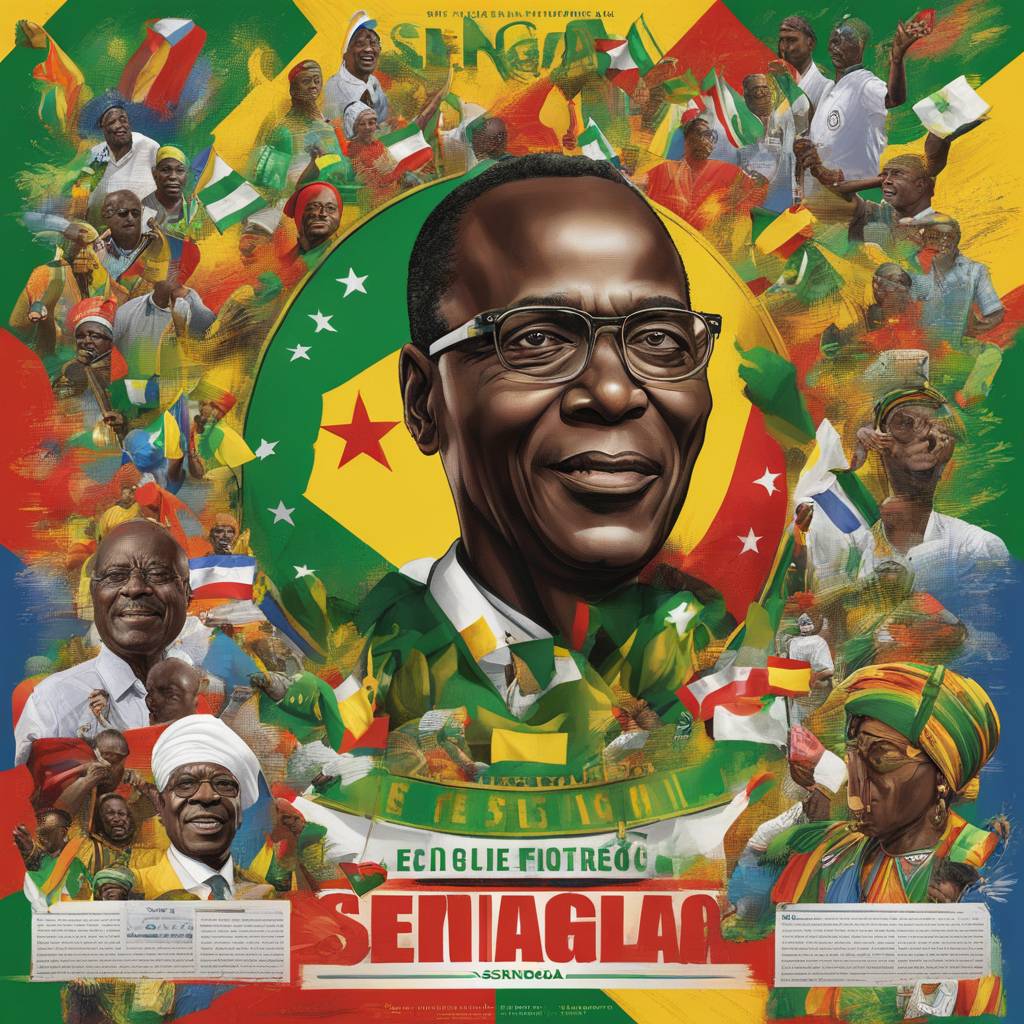Senegal recently held a presidential election that was highly contested and closely watched by both the citizens of the country and the international community. The election took place amid heightened tensions and concerns over the current political landscape in Senegal. The incumbent president, Macky Sall, faced several challengers in his bid for re-election, including his main rival and former prime minister, Idrissa Seck. The race was marked by allegations of corruption, voter suppression, and other irregularities, making it one of the most controversial elections in the country’s recent history.
The election in Senegal was seen as a crucial moment for the future of democracy in the country, as well as a test of the strength of its institutions. The outcome of the election had the potential to shape the political landscape and direction of Senegal for years to come. Both the ruling party and the opposition campaigned vigorously in the lead-up to the election, each presenting their vision for the country’s future and seeking to rally support from voters. The campaign was marked by heated debates, public rallies, and social media campaigns, with both sides seeking to sway undecided voters and mobilize their supporters to turn out on election day.
Despite concerns about irregularities and voter suppression, the election in Senegal was largely peaceful and transparent, with high voter turnout reported across the country. The election was closely monitored by domestic and international observers, who praised the conduct of the election and the professionalism of the electoral authorities. However, there were reports of isolated incidents of violence and intimidation in some parts of the country, highlighting the tense and polarized atmosphere surrounding the election. Overall, the peaceful conduct of the election was seen as a positive development for Senegal’s democratic credentials and stability.
In the end, Macky Sall emerged victorious in the election, securing a second term in office. His main rival, Idrissa Seck, and other opposition candidates conceded defeat and congratulated Sall on his victory. Sall’s re-election was seen as a validation of his economic policies and efforts to modernize the country, as well as a show of confidence in his leadership by the Senegalese people. However, the opposition raised concerns about the fairness of the election and vowed to challenge the results, alleging irregularities and fraud in the voting process. The outcome of the election is likely to be contested in the courts, prolonging the political uncertainty in the country.
The re-election of Macky Sall has raised questions about the future direction of Senegal and the implications for its democracy and governance. Sall faces several challenges in his second term, including addressing economic inequality, unemployment, and social unrest in the country. He will also need to reconcile with the opposition and address their concerns about the fairness of the election. The outcome of the election and the political aftermath will have a significant impact on the stability and development of Senegal in the coming years, as well as its relations with the international community. The election has highlighted the need for political dialogue and reconciliation in the country, as well as the importance of upholding democratic principles and the rule of law.
Overall, the presidential election in Senegal was a critical moment for the country’s democracy and governance, with implications for its future trajectory and stability. Despite concerns about irregularities and voter suppression, the election was largely peaceful and transparent, with high voter turnout reported across the country. Macky Sall’s re-election has raised questions about the fairness of the election and the future of Senegal’s democracy, as well as the challenges he faces in his second term. The outcome of the election will have significant implications for the political landscape and development of Senegal in the coming years, as well as its relations with the international community.













